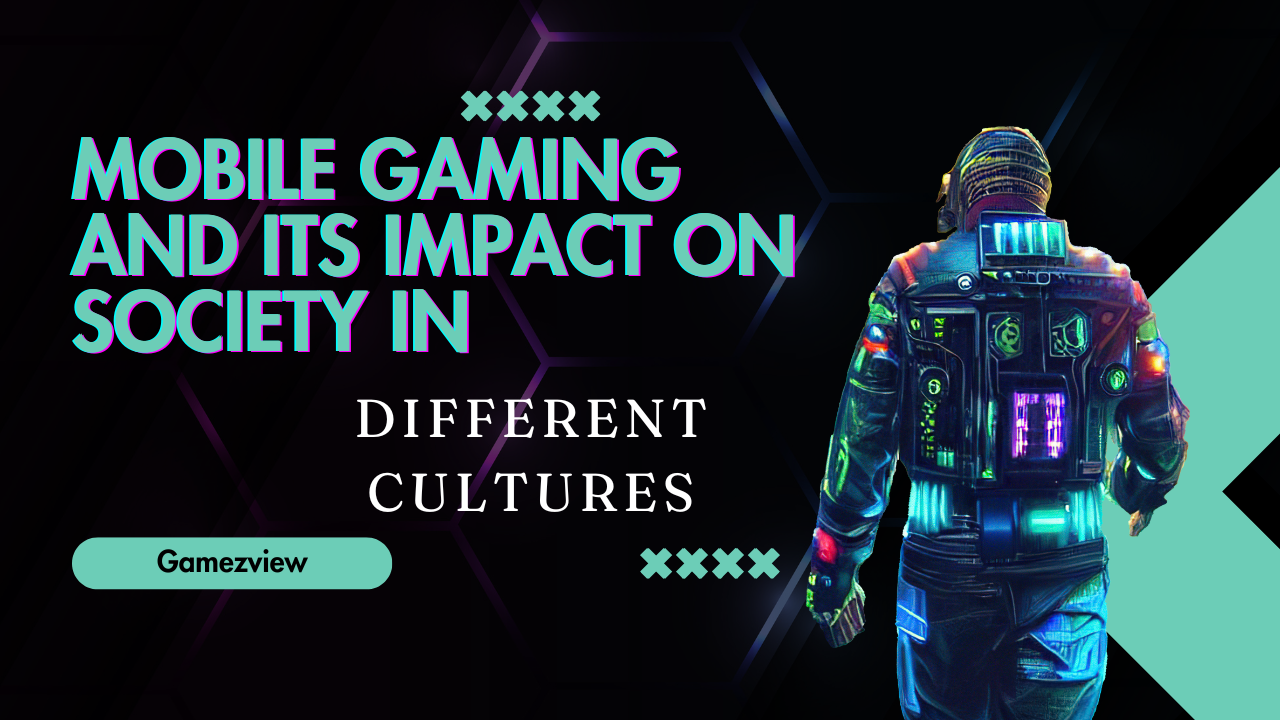In the realm of video games, the concept of cruelty-free gaming has gained significant traction in recent years. As players become more conscious about the ethical implications of their gaming choices, the demand for cruelty-free games has surged. But what exactly does it mean for a game to be cruelty-free? And how can players ensure that they are making ethical choices when it comes to their gaming habits? In this comprehensive guide, we’ll delve deep into the world of cruelty-free gaming, exploring what it entails and providing valuable insights into how to choose the right video game.
1. What are the key principles of cruelty-free gaming?
Cruelty-free gaming is founded on the principle of ethical treatment of both human and non-human entities within video games. It encompasses various aspects, including:
- Animal Welfare: Cruelty-free games prioritize the well-being of virtual animals, ensuring that they are not subjected to harm, exploitation, or violence for the player’s amusement.
- Human Rights: These games uphold human rights and dignity, avoiding depictions of gratuitous violence, discrimination, or other forms of harm against virtual characters.
- Environmental Sustainability: Cruelty-free games promote environmental sustainability by avoiding themes that glorify or perpetuate environmental destruction or disregard for natural resources.
- Social Responsibility: They advocate for social responsibility, addressing issues such as diversity, inclusion, and representation within the gaming world.
By adhering to these principles, cruelty-free games strive to create a gaming experience that is not only entertaining but also morally conscientious.
Why it Matters:
- Players are increasingly concerned about the ethical implications of their gaming choices, driving the demand for cruelty-free games.
- Supporting cruelty-free gaming promotes a more ethical and socially responsible gaming industry.
- By choosing cruelty-free games, players can align their gaming habits with their values and contribute to positive change within the gaming community.
2. How can players identify cruelty-free games?
Identifying cruelty-free games amidst the vast sea of available titles can be a daunting task. However, there are several key indicators that players can look for to determine whether a game aligns with cruelty-free principles:
- Rating and Reviews: Pay attention to the game’s rating and read reviews from other players to gauge whether it contains any objectionable content.
- Developer Statements: Check if the game developer has made any statements regarding their commitment to ethical and humane game design.
- Themes and Content: Assess the game’s themes and content to see if they align with cruelty-free principles, such as non-violence, respect for animals, and environmental consciousness.
- Community Feedback: Engage with the gaming community to gather insights and recommendations for cruelty-free games.
By conducting thorough research and staying informed, players can make more informed choices and support games that uphold ethical standards.
Why it Matters:
- Identifying cruelty-free games empowers players to make ethical gaming choices that align with their values.
- Supporting cruelty-free games encourages developers to prioritize ethical and humane game design practices.
- By promoting cruelty-free games, players contribute to a more compassionate and socially responsible gaming industry.
3. What are the benefits of playing cruelty-free games?
Playing cruelty-free games offers a myriad of benefits for players, including:
- Ethical Enjoyment: Players can enjoy their gaming experience knowing that they are not supporting content that perpetuates harm or exploitation.
- Positive Impact: Supporting cruelty-free games contributes to a more ethical and socially responsible gaming industry, fostering positive change within the community.
- Personal Satisfaction: By aligning their gaming habits with their values, players experience a sense of personal satisfaction and fulfilment.
- Community Engagement: Engaging with the cruelty-free gaming community provides opportunities for connection, collaboration, and advocacy.
Overall, playing cruelty-free games not only enhances the gaming experience but also promotes a more ethical and compassionate gaming culture.
Why it Matters:
- Playing cruelty-free games allows players to enjoy their favourite pastimes while supporting ethical and humane game design practices.
- Supporting cruelty-free games fosters a gaming community that values compassion, inclusivity, and social responsibility.
- By promoting cruelty-free games, players can help shape the future of gaming towards a more ethical and sustainable direction.
4. How can developers create cruelty-free games?
Developing cruelty-free games requires a thoughtful and conscientious approach from game developers. Some key strategies for creating cruelty-free games include:
- Ethical Design Principles: Incorporate ethical design principles into game development, prioritizing non-violence, respect for animals, and environmental sustainability.
- Inclusive Representation: Ensure diverse and inclusive representation within the game, including characters of different genders, races, abilities, and backgrounds.
- Consultation and Feedback: Seek input and feedback from diverse perspectives throughout the development process to ensure that the game aligns with cruelty-free principles.
- Transparency and Accountability: Be transparent about the game’s content and development process, and hold yourself accountable to ethical standards.
By embracing these strategies, developers can create games that not only entertain but also inspire positive change and social responsibility.
Why it Matters:
- Developers play a crucial role in shaping the ethical landscape of the gaming industry through the creation of cruelty-free games.
- By adopting ethical design principles, developers can attract a broader audience of players who value compassion and inclusivity.
- Creating cruelty-free games contributes to a more sustainable and socially responsible gaming industry, benefiting both players and developers alike.
Decoding cruelty-free gaming is not just about avoiding harm; it’s about embracing a philosophy of compassion, empathy, and social responsibility within the gaming world. By understanding the key principles of cruelty-free gaming, identifying ethical games, and supporting developers who prioritize humane game design, players can make a positive impact and help shape the future of gaming towards a more ethical and sustainable direction. Together, we can create a gaming community that values kindness, inclusivity, and respect for all beings, both virtual and real.



